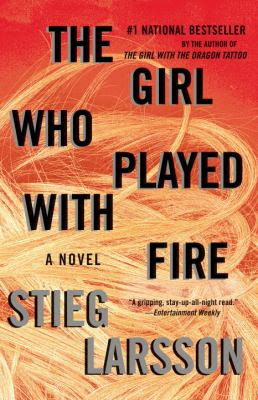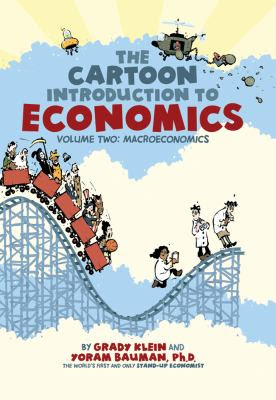Summary:
"Stylish, convincing, wise, funny -- and just in time: the ultimate non-diet book, which could radically change the way you think and live.
"French women don't get fat, but they do enjoy bread and pastry, wine, and regular three-course meals. Unlocking the simple secrets of this 'French paradox' -- how they enjoy food while staying slim and healthy -- Mireille Guiliano gives us a charming, empowering take on health and eating for our times.
"As a French teenager, Mireille (Meer-ray) went to America as an exchange student and came back fat. Fortunately, her kindly family physician, 'Dr. Miracle,' came to the rescue. Reintroducing her to classic principles of French gastronomy plus time-honored tricks of the local women, he helped restore her shape with a fresh understanding of food, drink, and living. The key? Not guilt or deprivation but learning how to get the most from the things you enjoy. Mireille has ever since relished a life of indulgence without bulge, satisfying yen without yo-yo on three meals a day.
"Now, in simple but potent strategies and dozens of recipes you'd swear were fattening, she revelas the ingredients for a lifetime of weight control -- from the emergency weekend remedy of Magical Leek Soup to everyday tricks like fooling yourself into contentment. Emphasizing freshness, variety, balance, and always pleasure, Mireille shows how virtually anyone can learn to eat, drink, and move like a French woman.
"A natural raconteur, she illustrates her philosophy in cherished personal stories: her first taste of Champagne (at age six), hunts for mushrooms and berries, and a near-spiritual rendezvous with oysters, to name but a few. She also shows us other women discovering the wonders of 'French in action,' eating smarter and more joyfully.
"For anyone who has slipped out of her Zone, missed the flight to South Beach, or accidentally let a carb pass her lips, here is a buoyant, positive way to stay trim, a culture's most precious secrets recast for the twenty-firest century. A life of wine, bread -- even chocolate -- without girth or guilt? Porquoi pas?"
Table of Contents:
- 1. Vive l'Amerique: The Beginning . . . I Am Overweight
- 2. La Fille Prodigue: Return of the Prodigal Daughter
- 3. Short-term Recasting: The First Three Months
- 4. The Tales of the Three Cs
- Entr'acte: Stabilization and Eating for Life
- 5. Il Faut des Rites
- 6. The Seasons and the Seasonings
- 7. More Recipes That Will Fool You
- 8. Liquid Assets
- 9. Bread and Chocolate
- 10. Moving Like a French Woman
- 11. States of Desire
- 12. Life Stages
- 12 bis. The Plan for Life
My Take:
Not surprisingly, some good ideas but if everything Guiliano recommends were as easy to say as to do, or as compatible with U.S. culture as with that of France, then American women wouldn't get fat, either. I do like the "eat real food and enjoy it, rather than diet foods," and "enjoy the food you love proudly, rather than gobbling it in secret" advice, though.
(A few books behind and heading out of town tonight for a week, so that's all I have time for.)
Not surprisingly, some good ideas but if everything Guiliano recommends were as easy to say as to do, or as compatible with U.S. culture as with that of France, then American women wouldn't get fat, either. I do like the "eat real food and enjoy it, rather than diet foods," and "enjoy the food you love proudly, rather than gobbling it in secret" advice, though.
(A few books behind and heading out of town tonight for a week, so that's all I have time for.)














